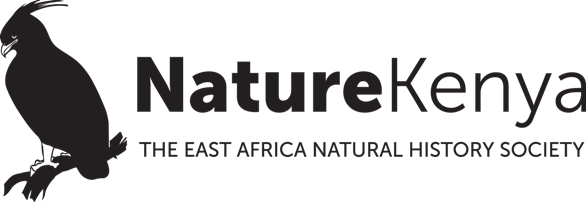The guidelines seek to enhance the ability of communities and other wildlife conservation stakeholders to respond to poisoning incidents, particularly outside protected areas.
The rapid decline of vultures in Kenya is a serious concern that requires a concerted approach to reverse the trend. Although vultures are caricatured as greedy and selfish, in reality they keep our environment clean by feeding on dead animals. Four out of the eight vulture species found in Kenya are now classified as Critically Endangered (White-headed, Hooded, White-backed and Rüppell’s vultures) while two (Lappet-faced and Egyptian vultures) are listed as Endangered. Poisoning is the leading cause of vulture deaths in the country.
To counter this grim outlook for vultures, Nature Kenya, BirdLife International, The Peregrine Fund and other conservation stakeholders have been championing the protection of vultures through various efforts. One such effort is the development of guidelines on how to respond to incidents of wildlife poisoning. Over the past two years, the three organizations have been working to support Kenya Wildlife Service (KWS) to develop the guidelines contained in the wildlife poisoning response protocol.
Vultures are usually poisoned when predators kill livestock and herders poison the carcass to kill the predators. Poachers also target vultures with poison. Most wildlife poisoning incidents take place outside protected areas and in remote areas of the country. Thus the protocol is to enable relevant stakeholders to support wildlife conservation in areas where KWS has limited presence. Local communities will help facilitate the implementation and enforcement of the Wildlife Conservation and Management Act.
Timely response to poisoning incidents can significantly reduce resultant wildlife deaths and environmental contamination. The main species targeted for poisoning are carnivores – lions, hyenas and leopards – which kill livestock. Vultures are mainly unintended victims of these poisoning events. Collaborating with conservation institutions that carry out carnivore conservation was critical, for they play a vital role in ensuring the survival of vultures.
The wildlife poisoning response protocol was presented to stakeholders at the 11th Carnivore Research and Conservation Conference convened by KWS in November 2017. The conference brought together various research institutions, conservation NGOs, local communities and researchers from across the country to present research findings and reports that seek to enhance effective conservation and management of wildlife in the country.
Participants were guided through key components of the protocol. These included: how to recognize a poisoned animal, channels for reporting poisoning incidents, precautions needed to reduce further wildlife deaths, and sample collection, analysis and prosecution procedures. One key concern raised by participants was the lack of feedback on postmortem results to stakeholders, especially on suspected poisonous substances found in the samples. This is important to guide those in the field to enhance mitigation measures when dealing with issues of wildlife poisoning.
Following the publication of the protocol, training on how to apply the protocol will be done. Development of the protocol was made possible through support provided by Fondation Segre and BAND Foundation under the ‘Save the African Vulture’ project.
